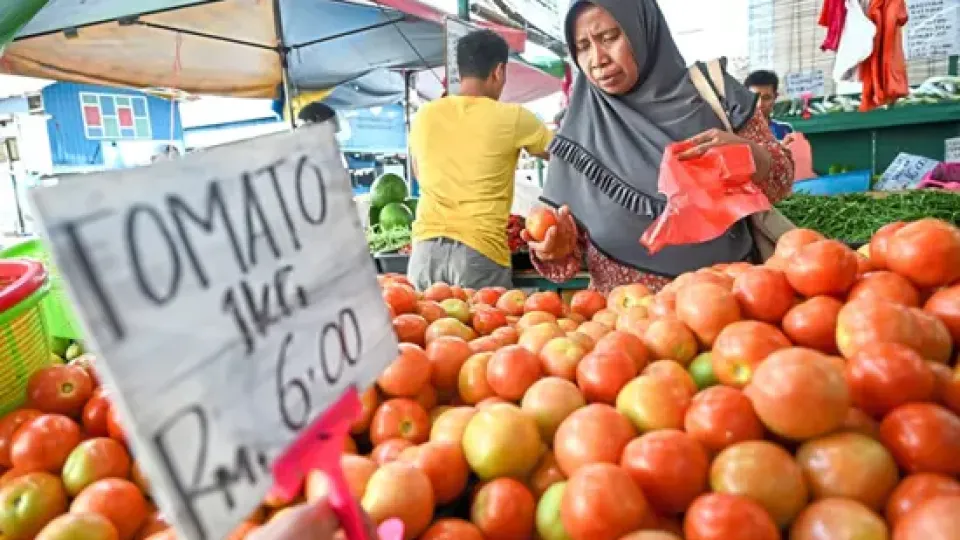
PETALING JAYA : Malaysians may have to pay more for their greens if the monsoon season continues to bring persistent rainfall, says the Malaysian Federation of Vegetable Farmers Association. Its president Lim Ser Kwee said recent flooding in several countries, including Thailand, Vietnam and Indonesia had begun to push up prices of vegetables. “We import a large variety of vegetables from these three countries and the prices have increased recently due to the recent massive flooding there. “Also affected is the supply from China due to recent cold snaps affecting harvest,” he said when contacted yesterday. On the local front, Lim said while Cameron Highlands and several parts of the country may have escaped the recent floods, cloudy skies had also affected crop yields. “Luckily, Cameron Highlands and states such as Johor, Pahang and Melaka were not hit by heavy downpours and floods. “But the lack of sunshine affected the growing and maturing cycles of vegetables such as sawi bunga (Chinese flowering cabbage) and tomatoes,” he said. He cited the prices of tomatoes, which have increased to over RM5 per kg as compared to RM2 and RM4 per kg previously. It was also reported that prices of some local and imported vegetables had increased by between RM5 and RM8 per kg recently. Lim said the situation would worsen if states such as Johor and Pahang are hit with persistent rainfall during the monsoon. He added that the federation, which has over 6,000 members nationwide, has yet to determine the actual losses. “We have had reports of losses but so far, our members in Penang were not too badly affected.” According to the Malaysian Meteorological Department (MetMalaysia), the northeast monsoon will continue until March next year, bringing five to seven episodes of heavy rain, which could cause floods in low-lying and riverine areas. Last Thursday, MetMalaysia issued a warning for continuous heavy rain and strong winds over a large swathe of Peninsular Malaysia due to the development of the rare tropical storm Senyar in the Strait of Malacca. Cameron Highlands Vegetable Farmers Organisation president Datuk Chai Kok Lim said that vegetable farms in the highlands were not affected by recent floods. “It did not disrupt farming operations here and fortunately, the weather has been sunny over the past few days. “We hope that it remains this way but there is a fear that the monsoon will bring heavy rain again,” he said, adding that there were about 2,000 farmers in Cameron Highlands. Meanwhile, the Agriculture and Food Security Ministry has activated its disaster operation room to assist farmers, planters, livestock owners and fishermen affected by floods in several states. It was activated on Nov 28, following MetMalaysia’s forecasts for the current monsoon season.
1 w ago
More